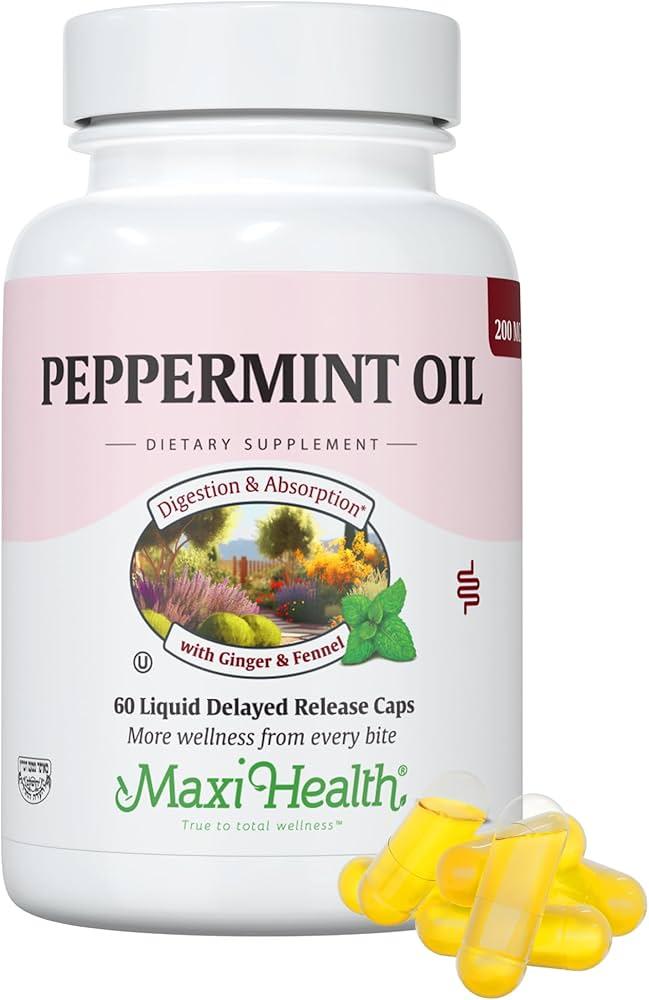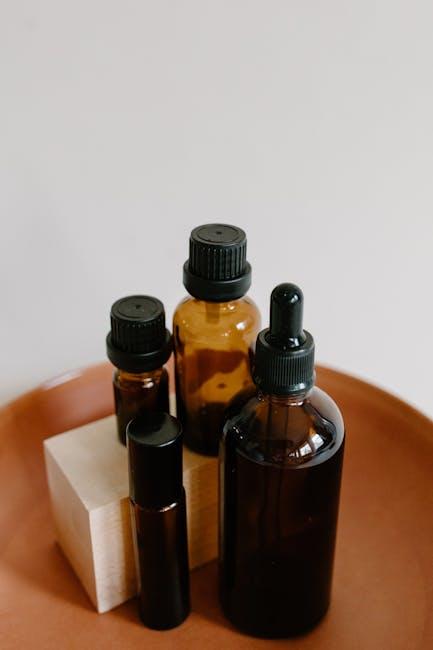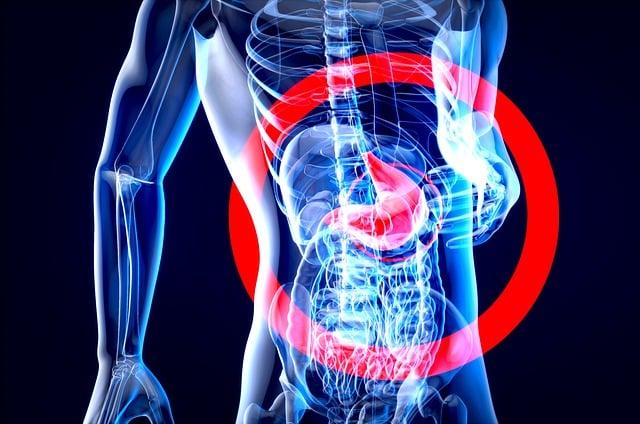In the hustle and bustle of modern life, digestive discomfort can often become an unwelcome companion, disrupting our daily routines and diminishing our overall well-being. If you’ve ever found yourself searching for natural, soothing remedies, peppermint might just be the answer you’ve been looking for. Renowned for its refreshing aroma and versatile applications, peppermint has been cherished for centuries as a powerful ally in promoting digestive health. In this article, we’ll explore the myriad ways peppermint can be harnessed to ease digestive issues, providing you with practical guidance and empathetic support on your journey to better digestive wellness. Whether you’re dealing with occasional bloating or chronic digestive discomfort, understanding how to effectively use peppermint could be the key to reclaiming your comfort and vitality.
Understanding the Digestive Benefits of Peppermint
Peppermint is renowned for its soothing effects on the digestive system. It contains menthol, which can help relax the muscles of the gastrointestinal tract, thereby reducing symptoms like bloating and gas. Incorporating peppermint into your daily routine can be simple and effective, offering a natural remedy for digestive discomfort.
- Peppermint Tea: Brew a cup of peppermint tea to enjoy after meals. The warmth of the tea combined with the minty aroma can help settle your stomach.
- Essential Oil: A few drops of peppermint essential oil diluted with a carrier oil can be massaged onto the abdomen to alleviate cramps and discomfort.
- Peppermint Capsules: These are a convenient way to enjoy the benefits of peppermint without the need to prepare tea or apply oils. They’re especially helpful for individuals with irritable bowel syndrome (IBS).
| Method | Benefit | Usage |
|---|---|---|
| Peppermint Tea | Reduces bloating | 1-2 cups post-meal |
| Essential Oil | Relieves cramps | Massage on abdomen |
| Peppermint Capsules | Alleviates IBS symptoms | As directed on package |

Incorporating Peppermint into Your Daily Routine
Peppermint, with its refreshing aroma and potent therapeutic properties, can easily become a staple in your daily health regimen. Start your day by brewing a cup of peppermint tea. This simple act can be a soothing ritual that sets a calm and mindful tone for your morning. The natural menthol in peppermint helps relax the digestive tract, making it an excellent choice for alleviating discomfort and promoting a healthy digestive system.
- Morning Boost: Sip on peppermint tea to kickstart your metabolism and support digestion.
- Post-Meal Ritual: Enjoy a peppermint tea or chew peppermint leaves to aid digestion after meals.
- Essential Oil Application: Apply diluted peppermint oil on your abdomen for quick relief from bloating or indigestion.
For those who enjoy a little culinary creativity, incorporate peppermint into your meals. Use fresh peppermint leaves as a garnish on salads or blend them into smoothies for an invigorating twist. Below is a simple table to help you explore ways to add peppermint to your dishes:
| Meal | Incorporation Tip |
|---|---|
| Breakfast | Add chopped peppermint leaves to your yogurt or smoothie bowl. |
| Lunch | Mix fresh peppermint into salads for a refreshing flavor. |
| Dinner | Use peppermint as a garnish on grilled vegetables or meats. |
By weaving peppermint into your daily routine, not only do you enhance your meals and beverages with a burst of flavor, but you also support your digestive health naturally. Whether through a comforting cup of tea or a sprinkle of fresh leaves, peppermint offers a versatile and beneficial addition to your wellness journey.

Choosing the Right Peppermint Products for Digestive Relief
Finding the right peppermint product for digestive relief can be a soothing journey. With an array of options available, it’s essential to choose products that align with your needs and preferences. Here are some helpful tips to guide you:
- Peppermint Oil Capsules: These are often recommended for individuals seeking relief from irritable bowel syndrome (IBS) symptoms. Enteric-coated capsules are ideal as they prevent the oil from being released in the stomach, ensuring it reaches the intestines where it’s most effective.
- Peppermint Tea: A comforting choice for many, peppermint tea can be enjoyed hot or cold. Opt for organic, loose-leaf varieties or tea bags that contain pure peppermint leaves for the best results.
- Peppermint Essential Oil: This can be used for aromatherapy or diluted with a carrier oil for topical application. Be sure to choose therapeutic-grade oils to ensure purity and efficacy.
| Product Type | Usage | Benefits |
|---|---|---|
| Peppermint Oil Capsules | Oral | Targets IBS symptoms |
| Peppermint Tea | Beverage | Soothes stomach discomfort |
| Peppermint Essential Oil | Aromatherapy/Topical | Reduces stress, aids digestion |
When selecting peppermint products, always consider quality and brand reputation. Look for certifications that assure you of the product’s purity and potency. By making informed choices, you can enhance your digestive health journey with the soothing power of peppermint.

Precautions and Considerations for Peppermint Use
When incorporating peppermint into your digestive health routine, it’s essential to approach its use with care and awareness. While peppermint is generally considered safe for most people, there are some important considerations to keep in mind:
- Allergies and Sensitivities: Before using peppermint, ensure you are not allergic to it. If you experience any allergic reactions such as skin rashes or breathing difficulties, discontinue use immediately.
- Pregnancy and Breastfeeding: If you are pregnant or breastfeeding, consult your healthcare provider before using peppermint, as its safety during these periods is not fully established.
- Medication Interactions: Peppermint may interact with certain medications, such as antacids or drugs metabolized by the liver. Always check with your doctor if you are on medication.
For those with specific medical conditions, it’s crucial to be extra cautious. Below is a table highlighting conditions that require special attention when using peppermint:
| Condition | Consideration |
|---|---|
| Gastroesophageal Reflux Disease (GERD) | Peppermint may worsen symptoms by relaxing the lower esophageal sphincter. |
| Gallstones | Use with caution, as peppermint can increase bile flow, potentially aggravating gallstones. |
| Hiatal Hernia | Peppermint might exacerbate symptoms by causing the stomach to produce more acid. |
By understanding these precautions, you can safely enjoy the benefits of peppermint for your digestive health. Always prioritize your well-being and seek professional guidance when in doubt.








































